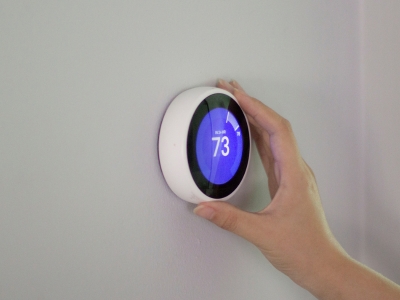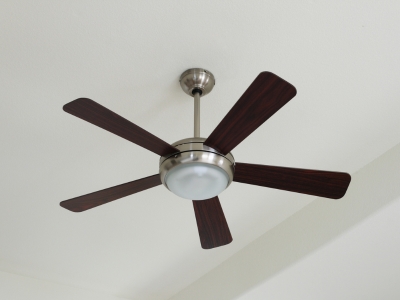With a combination of drastically high temperatures and even higher humidity levels to tag along, Florida summers can be absolutely brutal. What’s the best way to make matters much worse? – An underperforming or outright broken AC unit. This climate puts a significant demand on air conditioning systems, making it essential for residents to maximize their AC efficiency to maintain comfort while managing energy costs. It’s critical to take steps both before the summer begins and during the summer season to ensure your AC efficiency is at its maximum. This article explores the top 5 ways to maximize your AC efficiency, ensuring that you can beat the heat without breaking the bank.
1. Routine Maintenance and Cleaning
The best thing you can do to maintain an efficient AC system is to stay up to date with routine maintenance and cleaning. Just like getting an oil change for your vehicle or getting a routine checkup at the doctor, your AC system needs to get its checkup on a regular basis to ensure that it is performing optimally, especially heading into the summer season when AC systems are consistently set to full blast. The most energy-efficient AC units are the ones that get a routine checkup from HVAC professionals on a consistent basis.
It is far too common for households to seek maintenance once an AC system is not performing well or is completely broken; that is why we recommend scheduling routine maintenance so you never run into a hot and sticky summer day with no AC at all. Not only does regular maintenance prevent any major issues that could end up being very costly, but a well-maintained system operates more efficiently, consuming less energy while providing optimal cooling.
2. Optimize Your Thermostat Usage

The second and more effective option to optimize your thermostat is to upgrade to a programmable or smart thermostat. These thermostats are much more common in newer homes. Smart thermostats take the guesswork out of adjusting your home’s climate, which means that you won’t have to worry about remembering to adjust your thermostat every time you leave your home. A programmable thermostat allows you to set your heating and cooling schedule in advance, according to your daily routines and preferences. A smart thermostat goes a step further by learning your habits and adjusting the temperature automatically to maximize your AC efficiency. Investing in a modern thermostat, such as a smart or programmable thermostat, can be a wise decision for keeping your AC system from overworking itself and keeping electricity bills down.
3. Keep It Cool: Enhance Your Home’s Insulation
The more cool air you can keep in your house, the less cool air that has to be pumped by your air conditioner, ensuring a more efficient AC unit. Proper insulation in your home prevents cool air from escaping, but how do you set your home up to be properly insulated? There are a few ways to do so, we’ll break down the best and most effective options.
First, start with windows and doors. Any gaps or small openings can contribute significantly to letting out the cool air. Thoroughly inspect all windows and doors to see if there are any openings that exist, and promptly seal them with weather stripping or caulk to avoid cold air from escaping.
Second, inspect your existing insulation in “insulation hot spots,” including the attic, walls, and floors. Make sure these areas are covered with insulation, especially the attic, as proper attic insulation significantly reduces heat transfer from the roof into your home. When the Florida sun is blaring on your roof, you want to make sure this area of your home can handle it. It’s important to note that for the most accurate inspection of the insulation of your home, it’s advisable to consult a professional.
The last step towards enhancing your home’s insulation to make for an efficient AC system is to consider installing thermal curtains on your windows. Thermal curtains are designed to minimize heat transfer through windows, making them effective at enhancing the energy efficiency of a home. They are constructed from multiple layers of fabric, with a core layer of foam, reflective film, or a thick, woven fabric designed to trap air and minimize the amount of heat that passes through the window.
4. Optimize Air Flow

5. Strategic Landscaping
This last recommendation is our favorite recommendation for Florida homeowners. Utilize plants outside! The warm and humid Florida climate makes for a great environment for growing plants and trees. Strategic landscaping is considered as designing the outdoor space surrounding your home with the goal of enhancing overall energy efficiency. Although not the favorite solution to solar panel salesmen, large plants and trees that provide shade to your home can be an excellent way to block the sun from hitting your home directly, therefore reducing the strain on your AC system and keeping your AC system efficient for a longer period of time.